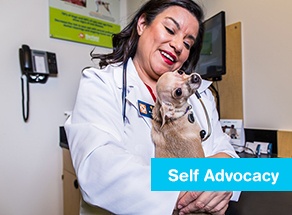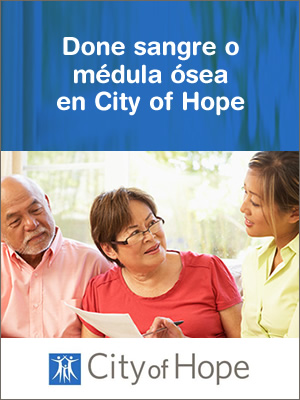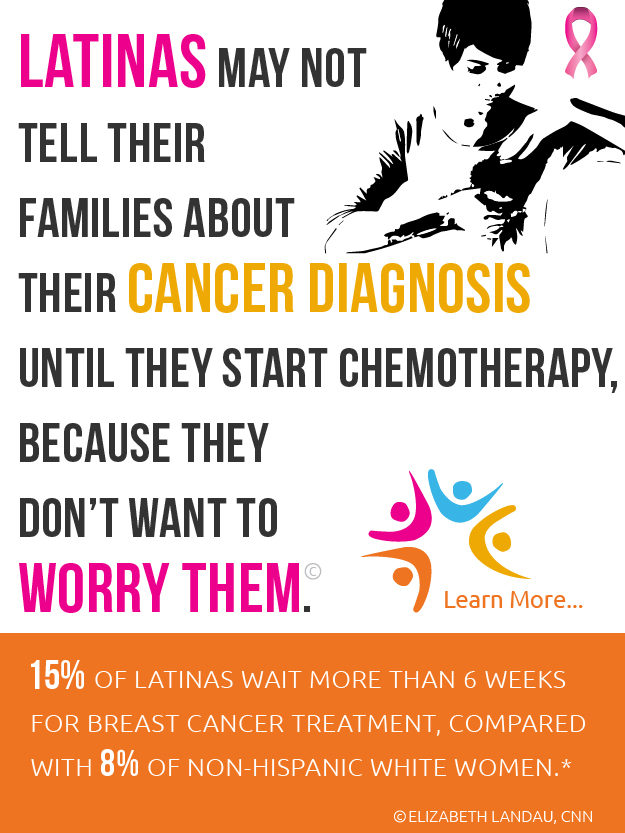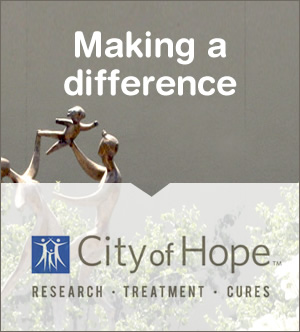Treatment Insights
A 30-Year Journey That Saw Vast Advances in Liver Cancer Surgery, Treatment and Prevention
24/11/2014 10:27pm | 7715 viewsAt City of Hope, I am Associate Director for International Relations, but my “day job” is surgeon. My primary specialty is surgical oncology, with clinical/sub-specialties in hepatobiliary (liver, gall bladder and bile ducts) and pancreatic surgery.
Breast Cancer Awareness
Q&A with Dr. Jeffrey Weitzel: Research Addresses Genetic Mutations and Disparities in Latina Breast Care (Part 1)
01/02/2015 11:37am | 8045 viewsBy Breast Cancer Research Foundation
Dr. Jeffery Weitzel is Division Chief of Clinical Cancer Genetics at City of Hope in California as well as a Breast Cancer Research Foundation (BCRF) grantee since 2013. At City of Hope, Dr. Weitzel leads a clinical, research and training program that emphasizes translational research in genomic cancer risk assessment, chemoprevention, targeted therapy, clinical and psychosocial outcomes, genetic epidemiology and health services in underserved minorities. For over a decade, he has been interested in hereditary cancer in Latin America with the aim of increasing awareness of inherited risk and access to screening and prevention. As part of its partnership with Healthy Hispanic Living, BCRF recently spoke with Dr. Weitzel about his work in the Latina community, both in the U.S. and Latin America, and asked for his insight on new discoveries that are helping us to understand the role of genetics in breast cancer risk for Hispanic women.
Treatment Insights
Fertility Doctors Work with Oncologists to Treat Cancer Patients “Quality of Life”
22/02/2015 09:34pm | 7651 viewsAs a board-certified infertility specialist, my practice is dedicated to the treatment of fertility issues, with specific focus on full service In Vitro Fertilization, artificial insemination, male factor infertility, anatomical infertility and fibroids, and a particular interest in endometriosis and advanced gynecological surgery.
Treatment Insights
Dr. Hudson: Leaving the Fear of Breast Cancer Behind
01/02/2015 01:00pm | 8233 viewsAsked about Angelina Jolie’s double mastectomy, Dr. Thomas Hudson says, “Before going for a genetic test, women must make sure that they know what they are doing.”
Breast Cancer Awareness
Breast Cancer Survivor: Choosing to Live Over Having Children
08/03/2015 03:16am | 8651 viewsAfter undergoing 16 rounds of chemotherapy for breast cancer, Lily Lorenzo-Luaccs was told she would need to have a hysterectomy. In her early 30s, this Latina had to grapple with the decision of risking her life in the future if she choose to have children.








